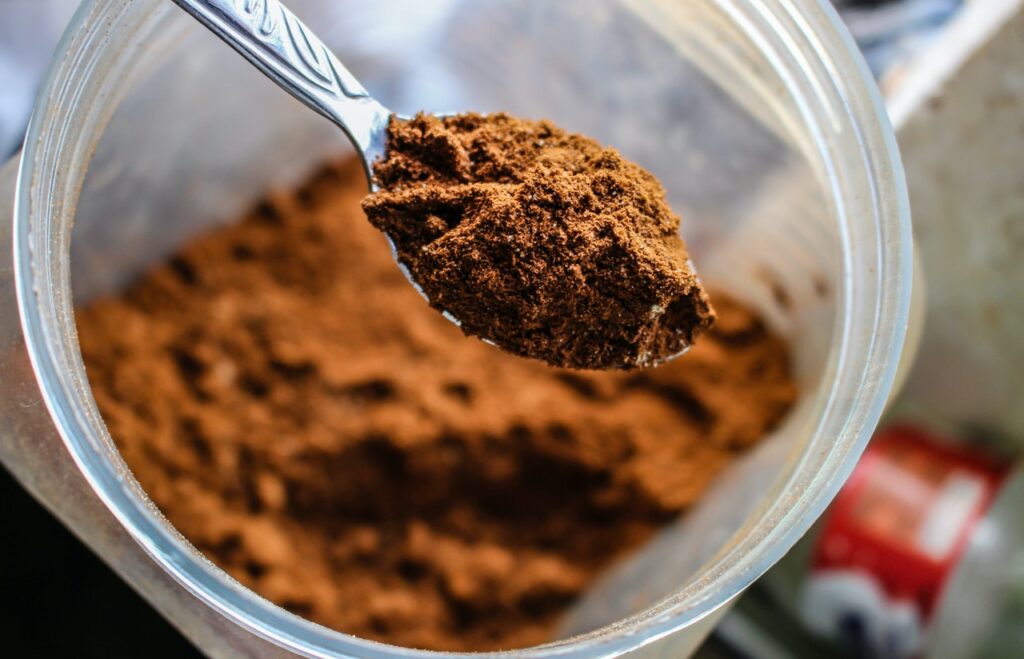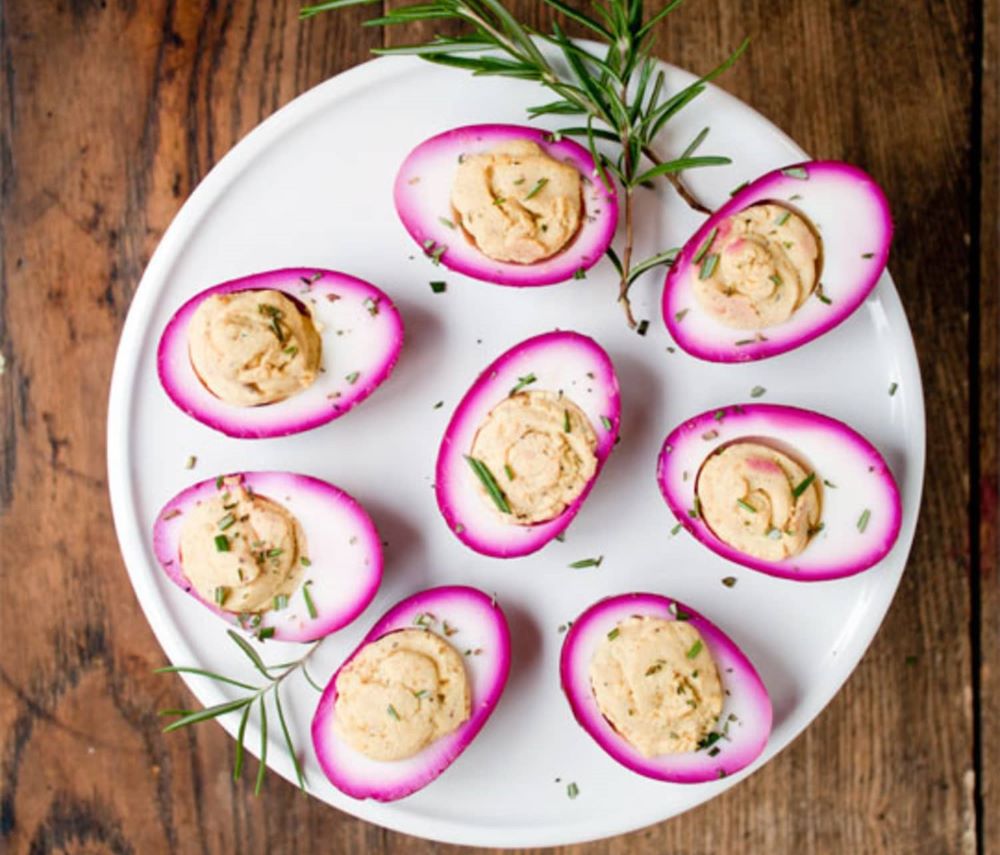A major pre-occupation of the industry is developing protein-rich plant alternatives to traditional meats and dairy products. In 2020, U.S. plant-based meat sales jumped by nearly 50 per cent, and globally these sales swelled to $4.2 billion from $3.4 billion in 2019, driven by the positive trend of plant-based products. Two years ago, the plant-based protein market had a valuation worth $10.3 billion, and it is expected to grow to $15.6 billion by 2026.
Let’s look at some plant-based proteins in the market that are driving consumption now and what’s in store for the future.
Plant-Based Meats
Beyond Meat, Impossible Foods, Cargill and Nestle are the market leaders in the plant-based meats segment, followed by a host of emerging small- to mid-size companies and start-ups. Given the global popularity of beef burgers, the first product from these manufacturers to gain widespread acceptance was a meatless patty made from a combination of legumes, soybeans, pea protein, quinoa, coconut oil, and seitan (a derivative of wheat gluten).
Meatless poultry and pork alternatives also exist in abundance. There is a wide portfolio of products to choose from, including wings, meatballs, mince, chicken strips, and bacon. Hoping to curb the negative impacts of overfishing, plant-based seafoods such as tuna and salmon, caviar, scallop, squid, crab, and shrimp are constituted using soy, seaweed, yeast, legumes, and yam starch.
Plant-Based Protein Powders
Plant-based protein powders are derived mostly from pea, hemp, pumpkin seed, brown rice, soy, chia, and flax. Although, they are constituted with a blend of different lentils and grains, nutritionally they are not considered complete proteins as they do not provide the nine amino acids together in the right ratios, but they provide antioxidants and fibre missing from whey protein powders.
Plant-Based Dairy
While not so high in protein, plant-based milks made from soy, almonds, cashews, and oats are fortified with other nutrients found in animal milk, best for individuals with lactose allergies. JUST Egg — a revolutionary product loaded with five grams of protein per three tablespoons and made from mung beans and turmeric — delivers an egg substitute without GMOs, artificial flavours, or cholesterol and aims to break the overdependence on the poultry industry.
Upcycled Plant-Based Proteins
Redirection of food waste, by-products, or “ugly produce” into creating plant-based meats and protein isolates is also gaining traction. Planetarians creates meat cuts and meat products by fermenting plant protein residues into steaks, jerky, and more. Real Food Bar uses undesirable produce and combines them with nuts, seeds, and butters to produce pre- and post-workout energy bars promising low glycemic values.
The Future
The future for plant-based proteins looks bright, as research unearths newer and more well-rounded plant protein sources with complex textures and flavours. According to Glanbia Nutritionals, researchers are looking into the protein sources from the flowering plant genus camelina in the Brassicaceae family and nori and ogo in the seaweed family. Improvements in technology will also spell better methods of imparting texture to existing plant proteins via spinning and shear-cell technologies.
Arslan Ahmed | Staff Writer










